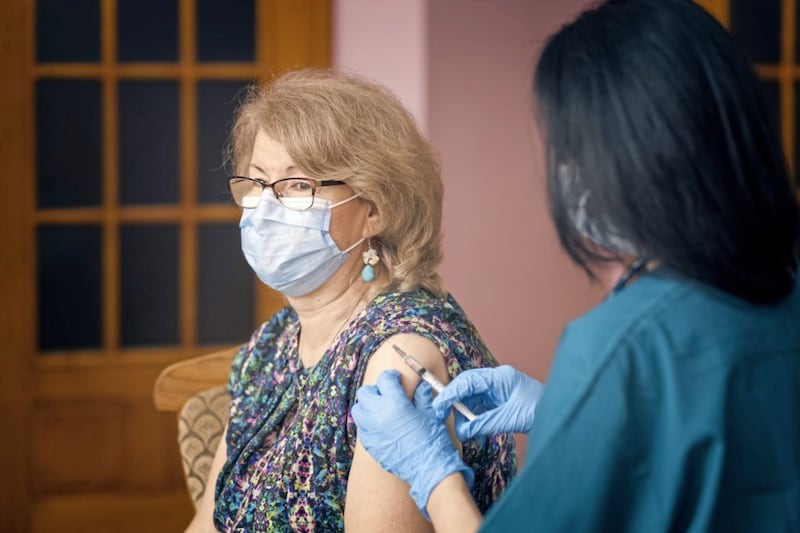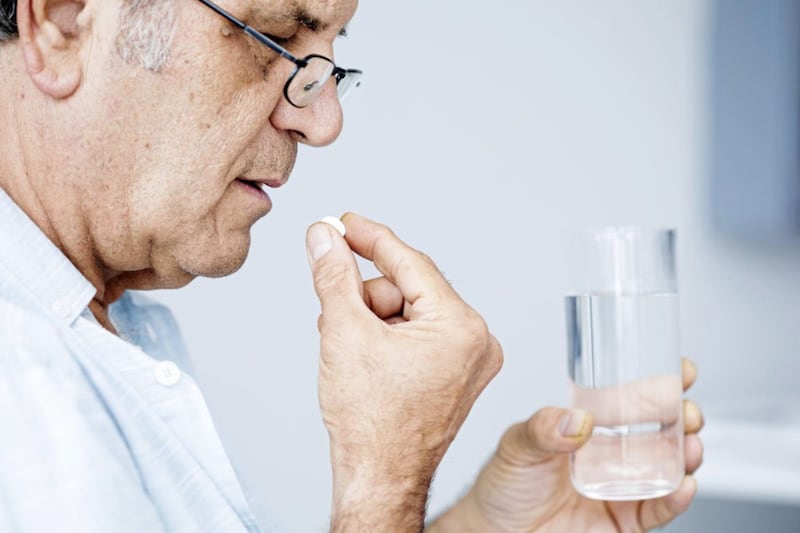READERS of this page will be aware of my optimism about the health benefits we can expect to result from studies into gut microbes: the newly discovered world of the microbiota.
We have become aware that the multitude of bacteria and organisms that live in our intestines have a significant role to play, and a study published this summer found that marathon runners have a far greater quantity of one type of bacterium in their guts than a control group of couch potatoes.
The study also found that populations of the bacterium, Veillonella atypica, increase in both fit and sedentary people after they exercise.
Transplanting this bacterium into the guts of mice allowed them to exercise for longer than other mice without the same microbes.
I can see a time when there will be more frequent sub-two-hour marathons, or more runners achieving the holy grail of a sub-four-minute mile, significantly helped through influencing the gut.
For the non-athletes among us, this is just more proof that there is always a good reason to exercise – and also to eat fermented foods and fibre, both prebiotics on which good bacteria can thrive.
© Solo dmg media







